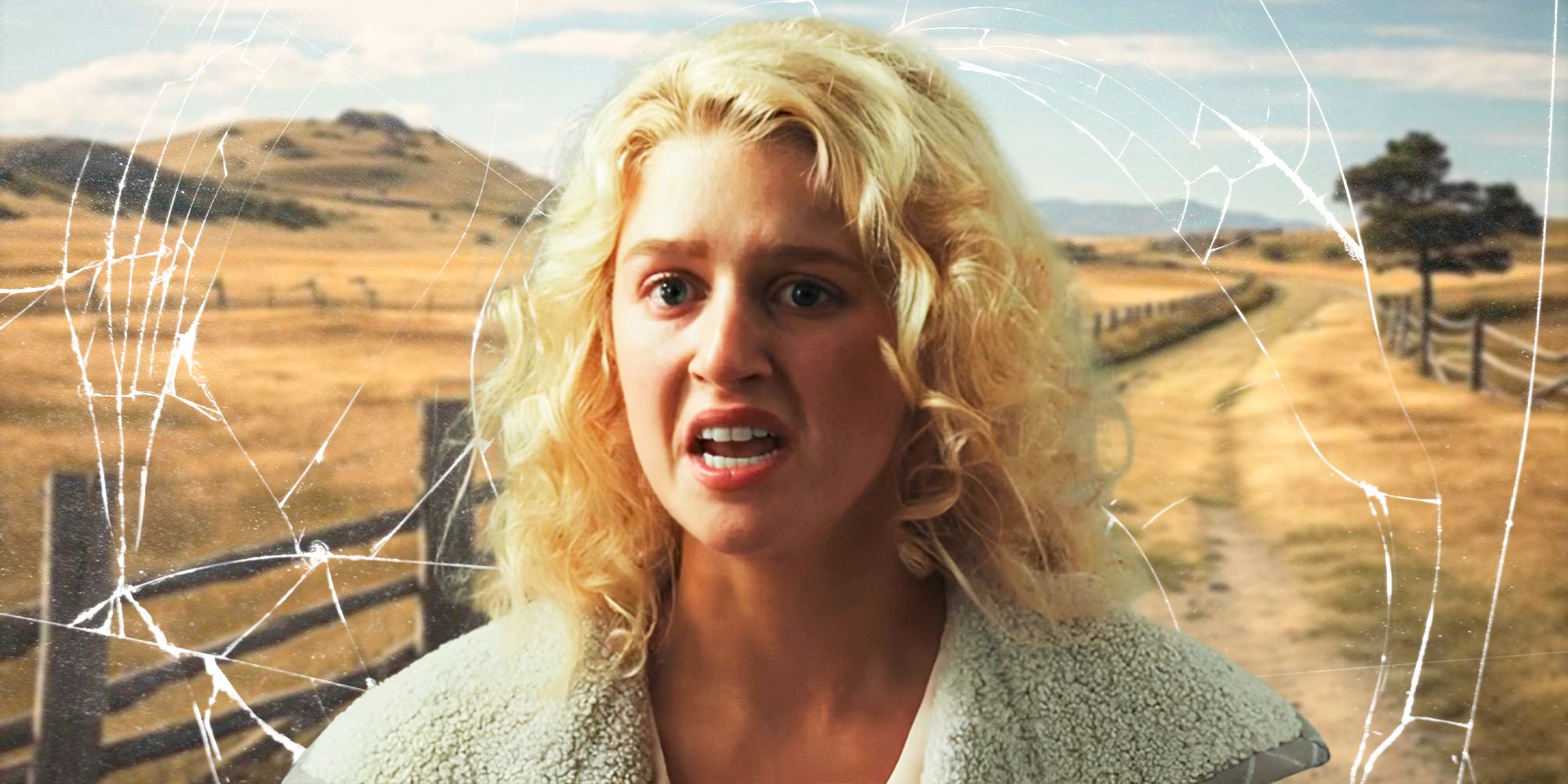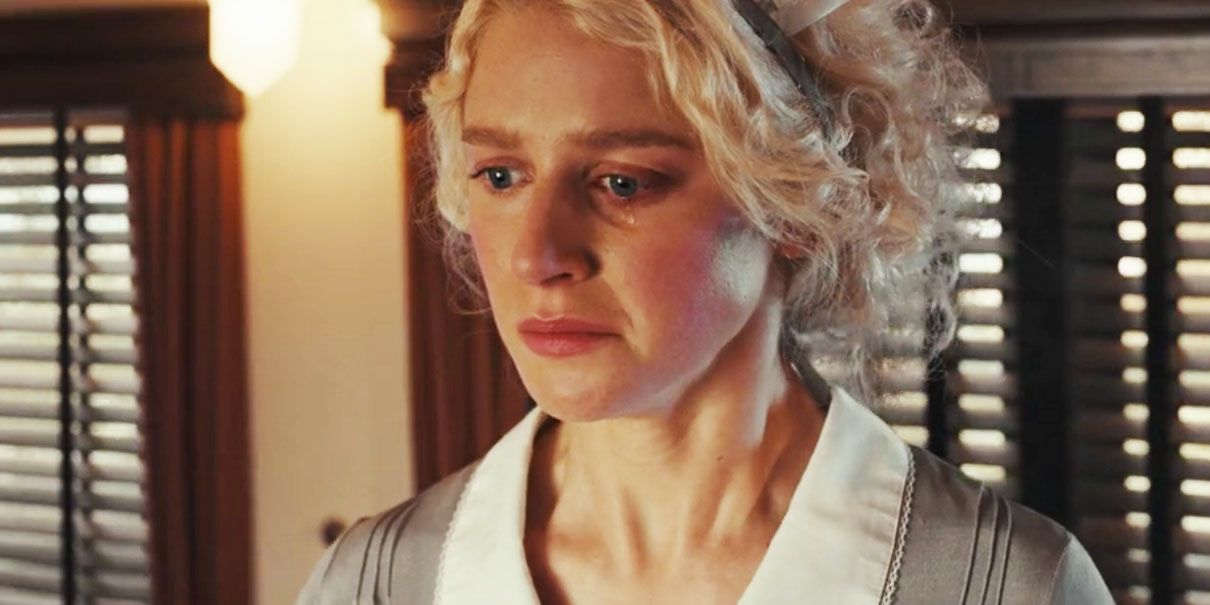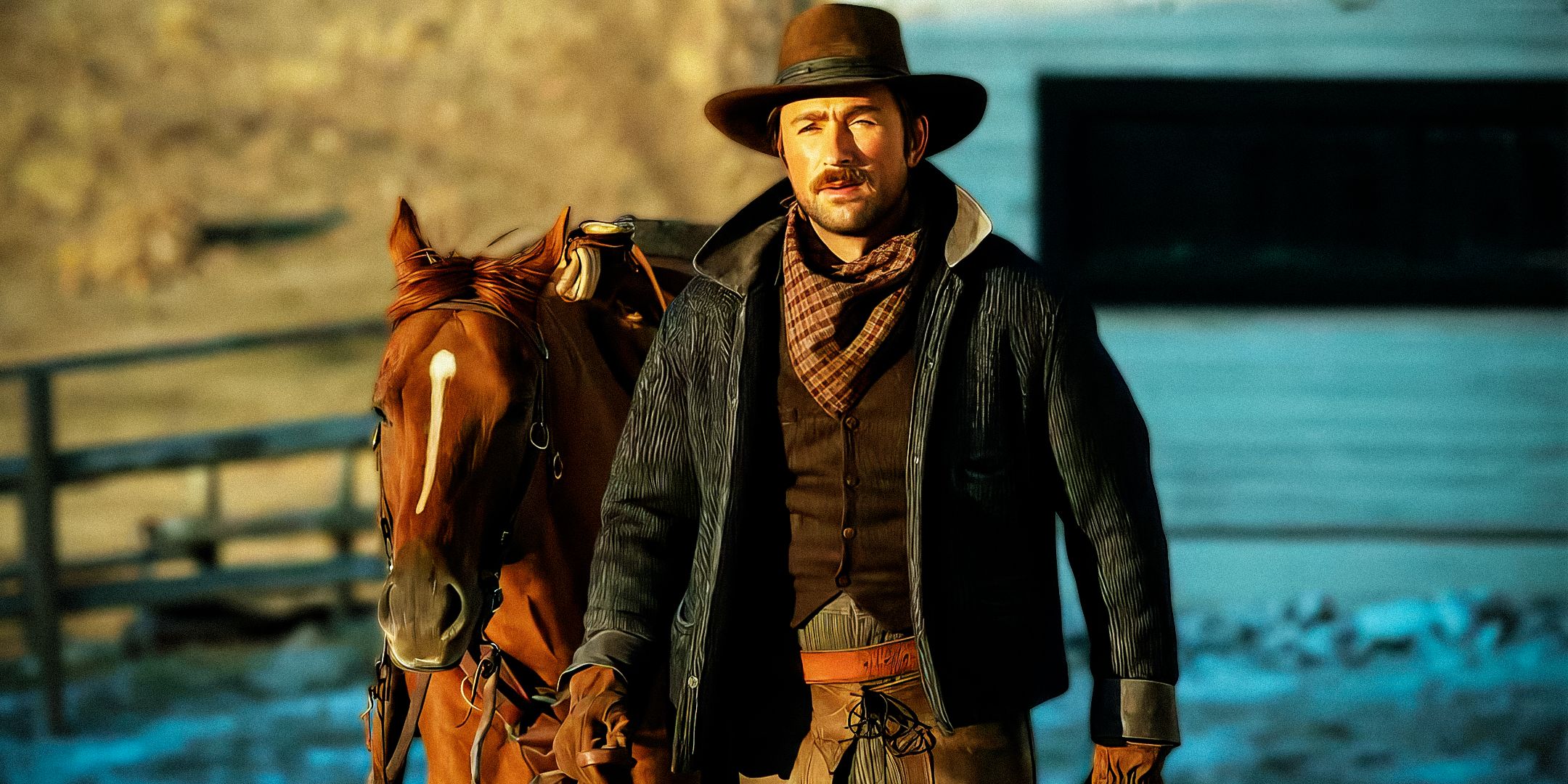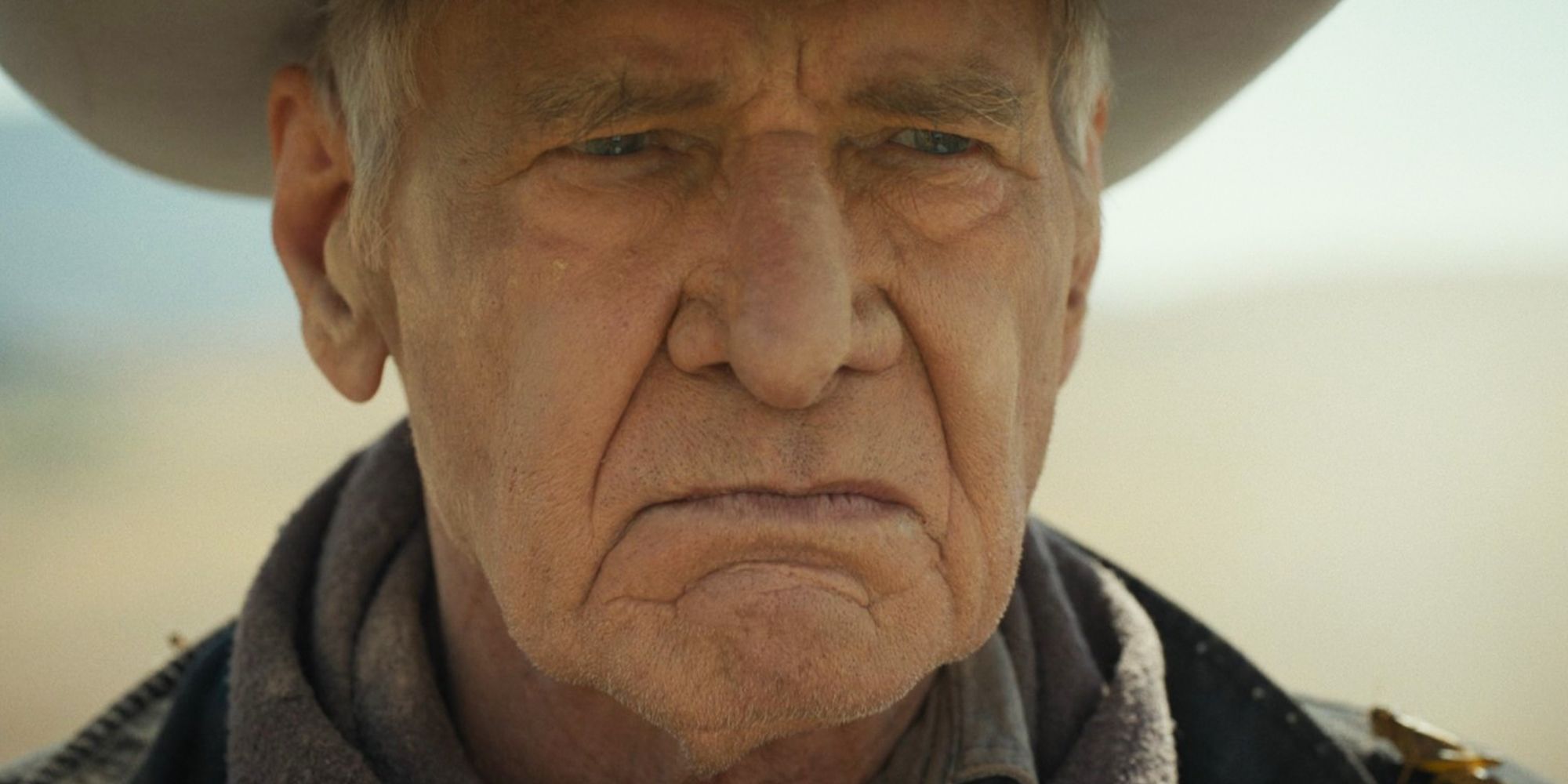1923 is also Sheridan’s follow-up to 1883, the first prequel about the Dutton family tree that followed Tim McGraw and Faith Hill as James and Margaret Dutton.
The family makes a harrowing journey along the Oregon Trail, and 1923 picks up 40 years later to explain what came next. The 1920s story, slated initially as one season, comprises, as Sheridan has described it, a single story that takes place over two seasons, or 15 episodes. Still, the back half of the story, 1923 season 2, took an even graver tone than the first half, leaving some audience members unsatisfied.
1923’s Final Episode Concluded The Show On A Dark Note
Alex Death Doubled Down On 1923’s Dark Themes
Horrible things happen to Alex Dutton in 1923, her journey riddled with violence and abuse, which makes it even worse that Spencer’s wife dies of hypothermia.
After getting separated at the end of 1923 season 1, Spencer and Alex make separate journeys to Montana in the second season. The war hero and British immigrant have respectively harrowing and dangerous journeys across America, revealing the harsh realities of the greed and other moral issues of the time.
Horrible things happen to Alex Dutton in 1923, her journey riddled with violence and abuse, which makes it even worse that Spencer’s wife dies of hypothermia. Therefore, despite Alex and Spencer’s reunion, in the winter of 1924 and the afterlife, Alex’s death ended 1923 on a dark note.

So much wasteful writing throughout this show. Boring cynical sh-t for the sake of cynicism without nuance.
Bring back hopeful endings. Real life is hateful enough.
In a comment on a different post, Redditor Singer211 criticized Alex and Spencer’s ending, saying, “Everything about it was contrived.” Despite all the flaws of the final episode, 1923’s finale actually built on existing criticism of the show’s second season.
1923 Was Already Facing Criticism Due To Other Problems
Abuse Was A Core Theme Of 1923

In 1923 season 2, we witness an onslaught of abuse from the start, causing the audience to raise an eyebrow at characters like Donald Whitfield (Timothy Dalton) and question his role in the prequel.
In 1923 season 2’s premiere, we see Whitfield continue to cohabitate with two sex workers, Lindy (Madison Elise Rogers) and Christy (Cailyn Rice). The scenes caused immediate backlash, as Whitfield and Lindy’s torture of Christy became even more twisted, with Lindy tying up her fellow sex worker in a closet, only summoning her for torture.
It’s not abundantly clear why 1923 gives the events so much screentime, with so little payoff.
The development began a conversation about whether the level of violence in the prequel was necessary. Despite 1923 stars like Rogers defending the controversy, saying, “there’s something realistic about it,” others felt like the violence in 1923 bordered on voyeurism, and the rest of the season did little to help those claims.
Alex Dutton also experienced horrors along her journey, including a sexual assault on the train to Chicago. While the events help to paint the grim reality of the time, it’s not abundantly clear why 1923 gives the events so much screentime, with so little payoff.
How 1923’s Series Finale Compared To Yellowstone’s Ending
Yellowstone’s Ending Was More Hopeful

Albeit predictable, due to Taylor Sheridan’s Yellowstone ending prophecy in 1883, Yellowstone’s finale delivered the events the show deserved. That said,1923 and Yellowstone faced similar criticism about their finales.
Both shows failed to deliver what was advertised in their trailers, which marketed the range war between the 1920s Duttons and the battle between Beth and Jamie (Wes Bentley) as a significant element of the chapters. Essentially, 1923 and Yellowstone fell short of what they promised.
What The 1923 Finale Got Right

Unexpectedly, the most fleshed-out and satisfying ending in 1923 was arguably Banner Creighton’s (Jerome Flynn). Banner’s story was dynamic, showing the Scottish sheep herder’s complete moral arc while making war on the Dutton family.
Despite being a primary antagonist, Banner’s death was satisfyingly bittersweet, since he redeemed himself moments earlier, ultimately sticking up for Jacob and their shared way of life, putting their family and values above everything. While Whitfield’s hostility played a role in the payoff of Banner’s story, the amount of on-screen abuse in 1923 is hard to ignore, especially for those stories without the same payoff.





